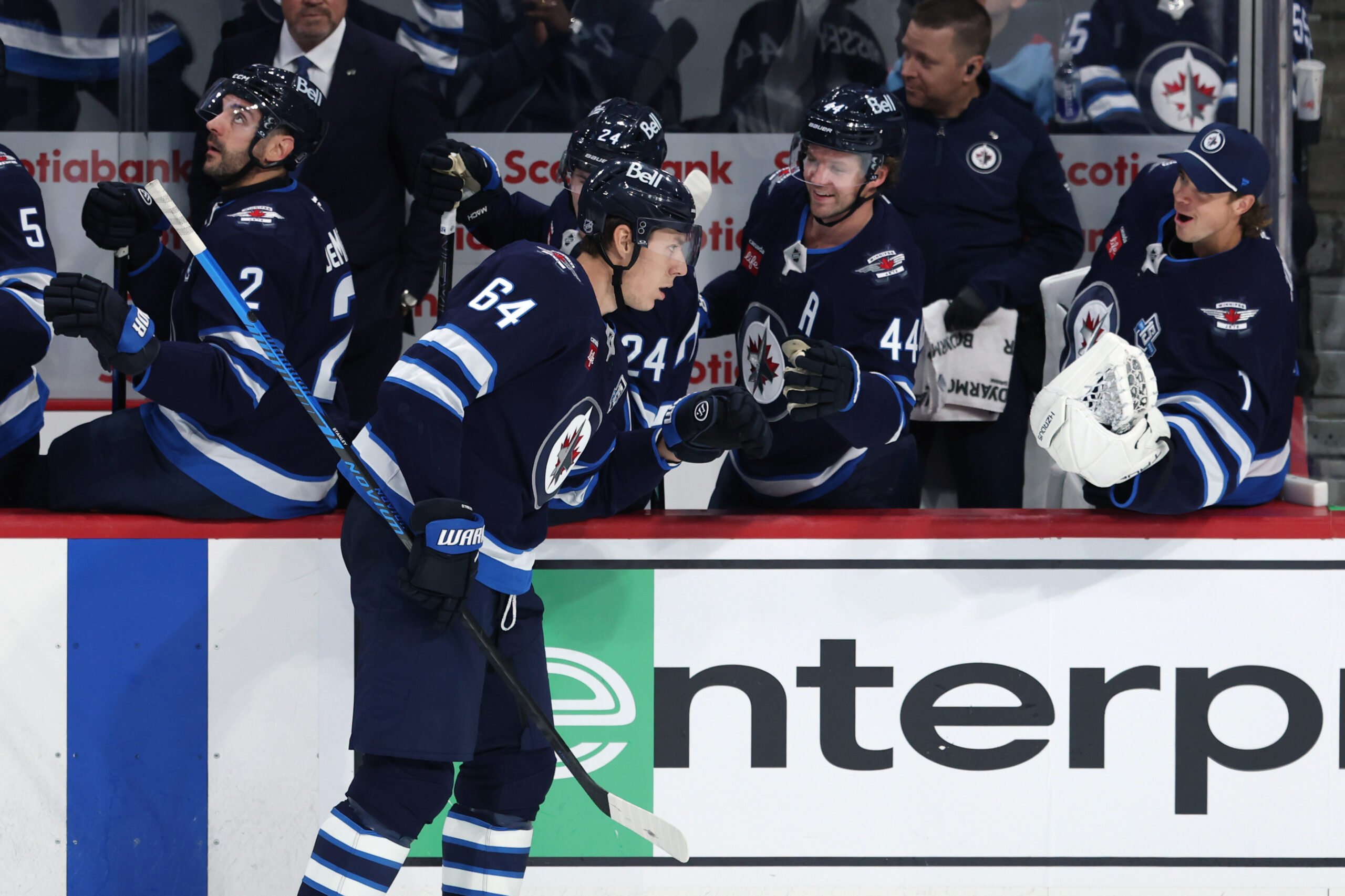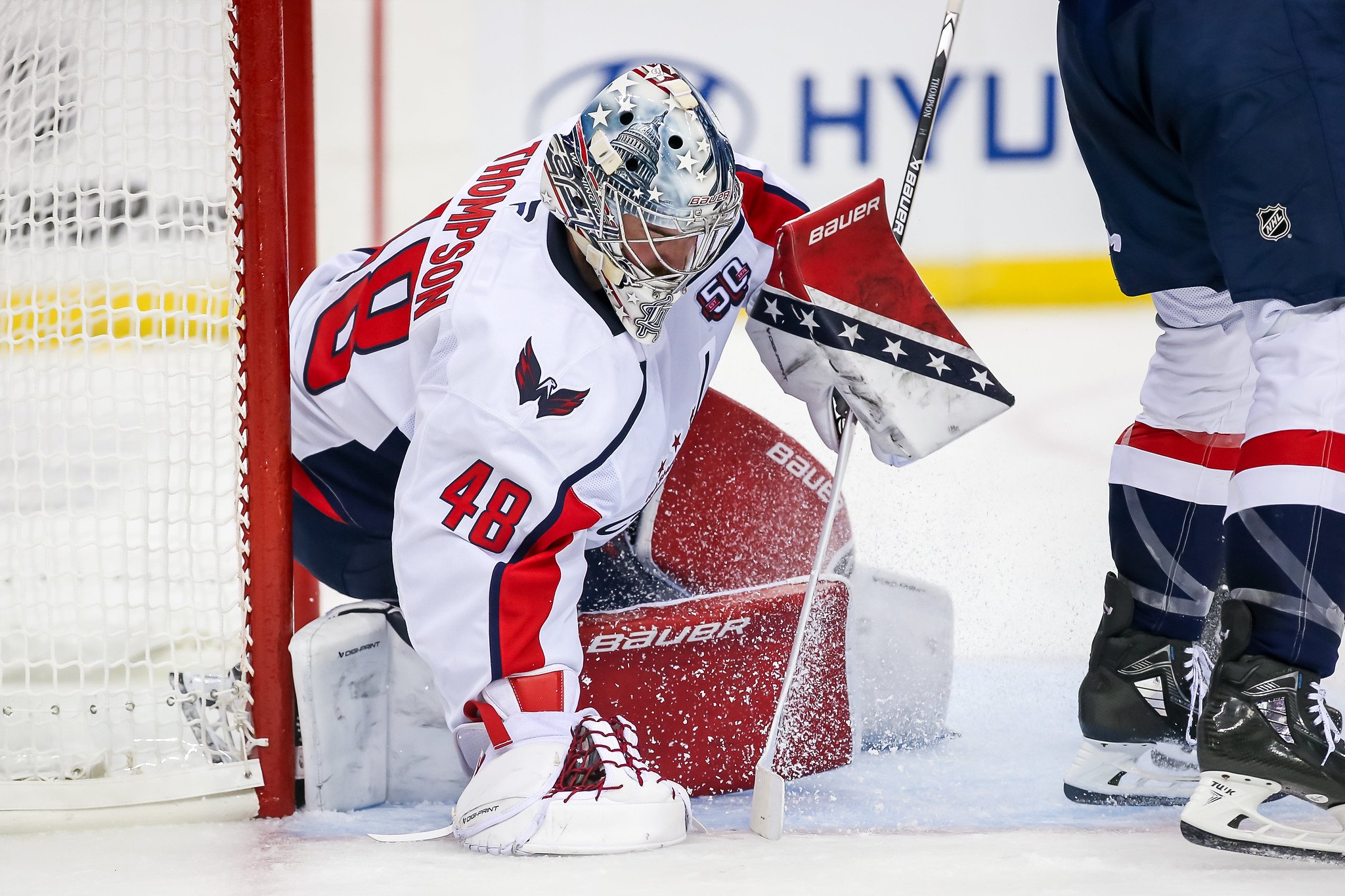The Montreal Canadiens went into the 2025 NHL Entry Draft looking to add some grit and compete to the system to build a playoff-ready lineup for years to come. They made seven selections in the draft, including three right-handed defenders.
Related: Montreal Canadiens Avoid Weak Free Agent Class to Fill Needs
What makes a player a draft steal is if he’s overlooked multiple times before he cracks an NHL roster. Montreal’s 2025 Draft class has one player with the potential to be a late-round steal: Carlos Handel.
Canadiens’ Draft Gem
Handel was the only Quebec Maritimes Junior Hockey League (QMJHL) skater selected by the Canadiens and the only Halifax Mooseheads player to hear his name called. Handel was selected in the sixth round, 177th overall.
The German-born, six-foot-one, right-handed defenceman had a strong rookie season in the QMJHL, finishing second on the team in defensive scoring with 26 points in 52 games and was named to the Rookie All-Star Team. He was also the captain for Team Germany at the IIHF U18 World Championship in the spring and was named one of Germany’s three stars at the 2024 World Junior Championships. He set a record at the U18 tournament for the fastest two goals scored by a single player.
There is no obvious reason why a right-shot defender with offensive skills, leadership, and a good skating stride with mobility would slip as far down the draft rankings as Handel did. Even Nick Bobrov, co-director of amateur scouting for the Canadiens, was surprised by his slide.
“..we felt that he belonged in an earlier place in the draft, that he fell a little bit too low, we were very comfortable taking him there given the body of work that he presented to us throughout the year…”
– Nick Bobrov
Despite being a sixth-round pick, he does have the skill to project to becoming an NHL-capable defender. It’s not just his skill and work ethic. Handel has the mental fortitude needed to play in a market like Montreal. He isn’t one to get caught up in the praise. As Alexander Romanov told RG.org in an interview, “…in Montreal, the line between love and hate is very thin.”
Handel’s Scouting Report
Defensively, Handel has a good grasp of the fundamentals. He is capable of winning one-on-one battles down low and in front of his net. His stick placement in passing lanes makes it difficult for opposing forwards to make lateral plays, forcing them to shoot from the perimeter. However, his positioning isn’t consistent, which led to defensive zone breakdowns last season, allowing for high-danger scoring chances. His play and consistency in his own zone improved as the season wore on, and if paired with a defence-first partner, many of these errors could have been mitigated.

A confident, head-up player, Handel likes to model his game after fellow German Moritz Seider‘s two-way style and Cale Makar‘s skating. Offensively, he has a good shot, but he prefers to get low, hard wrist shots on net to provide rebounds or tip-ins for his teammates, which led to numerous scoring chances that may not have been converted but helped hem the opposition in their own zone. He is a deceptive puck-handler, especially as he dances along the blue line to open passing lanes that he then can exploit for passes down low or to the open slot.
His skating is a strength, with fluid edgework, making him a smooth four-direction skater, but he needs to work on his explosiveness to be effective at the next level, especially as he relies on it to create separation from forecheckers. This skill allows him to play a strong transitional game, moving the puck up ice under control. His ability to create lanes in the neutral zone also means he can consistently jump up into plays on the rush and gain the offensive zone with control. This led to him generating much of the Mooseheads’ offence, especially on the power play. His offensive numbers don’t jump off the page, but he did play on the second-lowest scoring team (155 goals) in the QMJHL.
Handel’s Development
Halifax has a well-deserved reputation for strong player development as they consistently produce high-quality players who move on to professional hockey. Led by long-time general manager Cam Russell, who has spent time as part of Hockey Canada’s development group, the Mooseheads focus on more than just wins; they focus on individual growth. This emphasis has led to years of success on the ice, but also in attracting talented players to the Nova Scotia capital.
In Handel’s case, the progression was obvious. As last season wore on, he became visibly stronger, which helped him play a more physical game and improve his skating. It also helped him increase his ability to play heavy minutes in all situations for Halifax. In his first season in North America, he had to learn to handle the physical game and play with more pace on the smaller ice surface. Going into his second QMJHL season, he is in a great position to grow his game and address deficiencies as the Mooseheads end their retool. With Halifax looking to return to being a championship contender, they are likely to add more skill to their forward group, which will allow him to showcase his skills as a transitional offensive player.
Handel has shown excellent leadership qualities, especially on the international stage, and doesn’t seem disturbed by the challenges that this next stage of development presents. The Canadiens’ system is built on mobility and pace, especially on defence, so Handel should be a good fit for the organization.
The depth of the team’s prospect pool will also allow for a steady and patient approach to Handel’s development. He could grow into a reliable second-pairing defender, but is more likely to fill a third-pairing role if he graduates to the NHL. His hockey sense is already ahead of many in his draft class, and if his skating and strength continue to improve, Montreal may have landed a steady contributor and a late-round draft steal.




